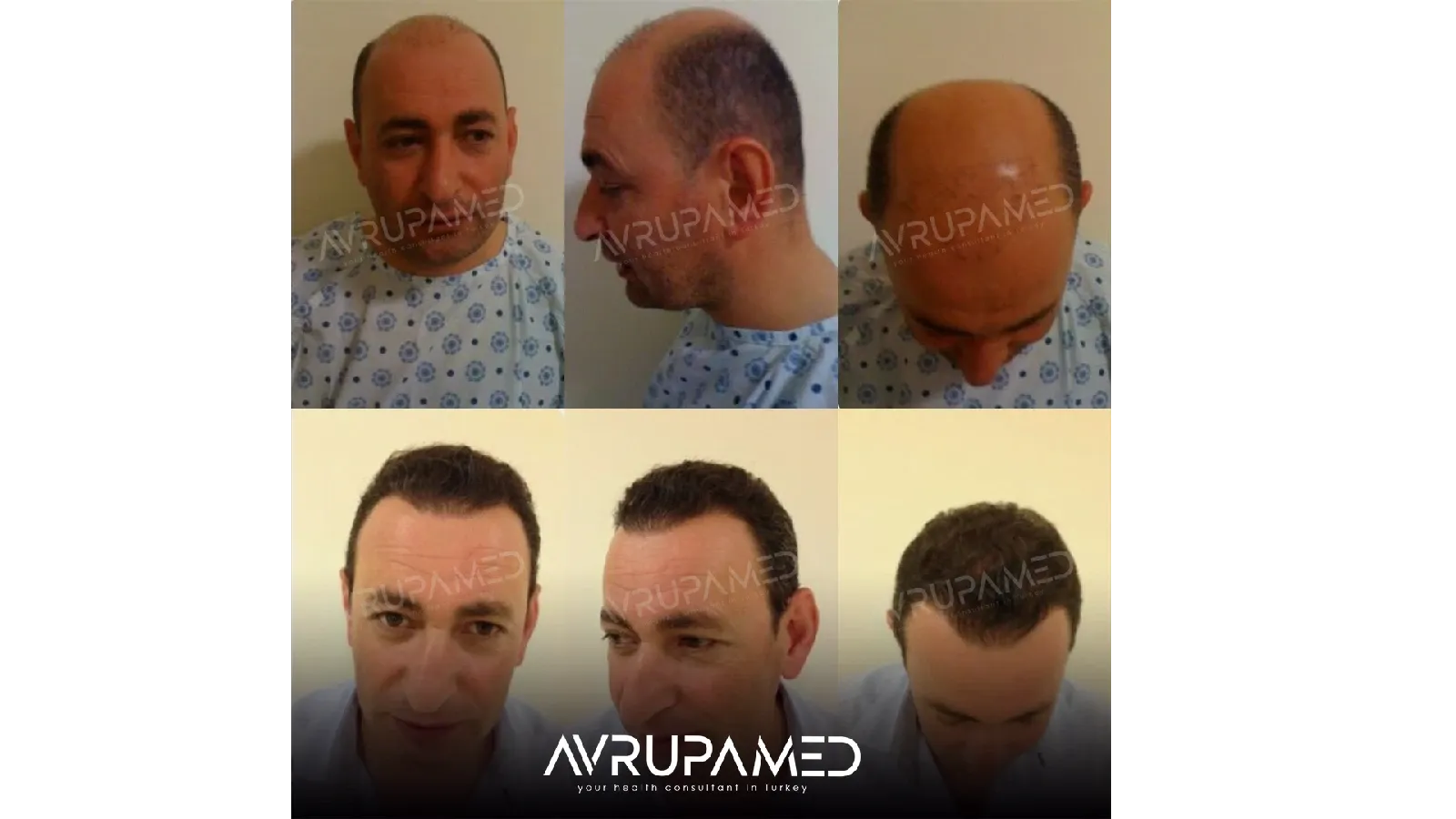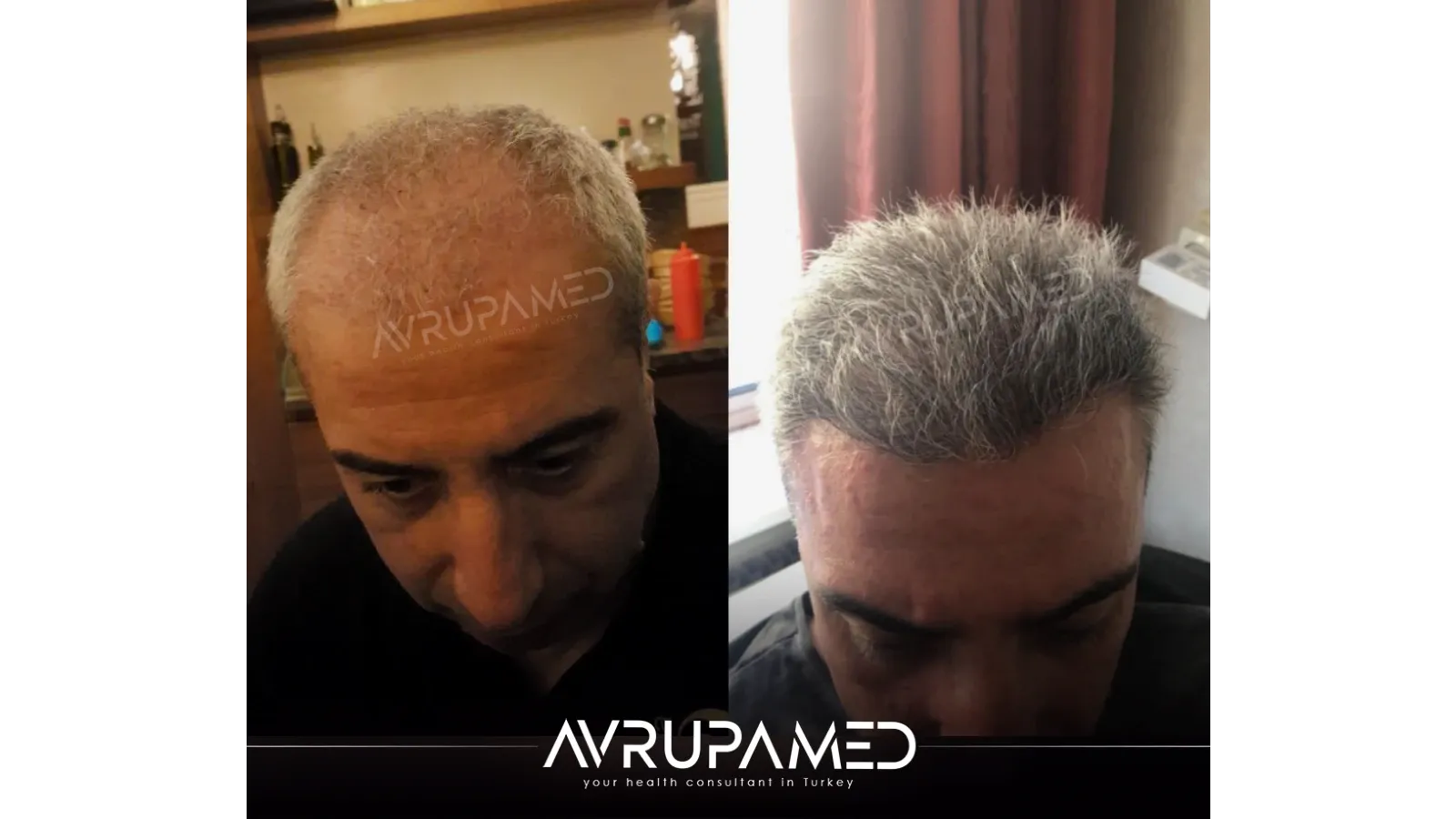Why Do Hair Transplants Fail?
Why Do Hair Transplants Fail? There is a possibility that you will not be totally happy with the outcomes of any cosmetic procedure, and hair transplantation is not an aesthetic procedure that is exempt from this rule.

Why Do Hair Transplants Fail?
There is a possibility that you will not be totally happy with the outcomes of any cosmetic procedure, and hair transplantation is not an aesthetic procedure that is exempt from this rule. It is necessary to have an understanding of the factors that may lead to failure in order to prevent these unfavorable results.
If you have severely thinning hair or are balding, investing in a hair transplant is an excellent cosmetic option. As a result of the significant impact that our hair has on our entire look, many individuals are self-conscious about bald patches or thinning hair. Through the use of a hair transplant, it is possible to provide a permanent and natural-looking solution to these issues. However, just like any other cosmetic procedure, a hair transplant also comes with the possibility of the procedure not giving the desired results.
If you have been considering getting a hair transplant but have some worries about it due to the possibility of unfavorable outcomes, continue reading to learn about the probable causes of failure and the ways in which you may avoid having a botched hair transplant.

5 Main Reasons of Failed Hair Transplants
Despite the very high success rate of hair transplants, a significant risk of failure remains. Making smarter decisions throughout your hair transplant journey might be aided by understanding the possible causes of a failed hair transplant. Hair transplant failure may result from a wide variety of variables, such as graft rejection, unskilled clinics, unrealistic expectations, eligibility for hair transplants, and inadequate post-hair transplant care.
Hair Transplant Graft Rejection
Graft rejection from hair transplants may happen to certain individuals. Rejected hair implants result in an unsuccessful hair transplant procedure and inadequate outcomes. This illness may result in graft rejection and is associated with a disease known as Lichen planopilaris (LLP). One kind of primary scarring alopecia is LLP. Scar tissue replaces the hair follicles as a result of inflammation at the top of the hair follicle caused by this illness. Certain links between hair transplant procedures and the development of Lichen planopilaris have been identified, albeit these have not yet been proven.
Not Being Eligible for Hair Transplant
The results of your procedure are significantly impacted by both your overall health and the particular state of your hair. Being under 65 (age may vary), having a healthy and appropriate donor location, and not having hemophilia or blood-borne infections are the three most crucial prerequisites for hair transplantation.
There are situations where the age factor and the condition of the grafts at the selected donor site are disregarded. These variables directly affect the outcome of your hair transplant, even if it may appear that you can avoid them. Hair transplants from various parts of the body or from underqualified donors may not work out as well as you had intended. This may result in loss after the hair transplant procedure and reduced hair vitality.
Selecting a hair transplant at the incorrect age might also work against you. Receiving a hair transplant early on in the process may result in some bald patches later on whether you have male or female pattern baldness. Additionally, remember that your hair must go through a mature period since, after a particular age, it may exhibit a distinct pattern. Usually, this age restriction is stated to be 22. Therefore, it could be wise to hold off until you can see how your hair loss develops after you reach this age.
Non-realistic Expectations
The particular state of your hair will have a significant impact on how your procedure turns out. The possibility of poor outcomes is eliminated by being aware of the limits of your situation and refraining from having unrealistic expectations. It is important that you and your surgeon have open communication on your expectations and objectives in order to prevent a hair transplant outcome that may not feel "successful" to you. In addition to warning you against setting unattainable objectives, your surgeon may provide you advice on what you can really expect from your hair transplant procedure. For instance, aiming for a high hair density might be deceptive if you don't have enough donor grafts.

Poor post-hair Transplant Care
The specific condition of your hair will determine how well your surgery goes. It is impossible to have bad results if you don't know the boundaries of your circumstances and don't set yourself up for failure. It's crucial that you and your surgeon discuss your goals and expectations honestly in order to avoid having a hair transplant result that doesn't seem "successful" to you. Your surgeon may advise you on realistic expectations for your hair transplant treatment in addition to cautioning you against establishing unrealistic goals. For example, if you don't have enough donor grafts, striving for a high hair density might be misleading.
Inexperienced Clinic
Selecting the incorrect clinic might also lead to an unsuccessful hair transplant. Due to the high demand for hair transplants, several clinics and surgeons have begun providing this procedure. But not every one of these clinics has the expertise and professionalism necessary to give you a fantastic hair transplant outcome.
A less skilled clinic could overharvest the donor region or remove the incorrect donor grafts that wouldn't function properly after transplantation. Higher shedding rates and less than ideal outcomes may arise from this. During your procedure, the donor grafts must be treated carefully and kept in a suitable environment in addition to being selected appropriately. Post-operative hair loss results from failing to safeguard the retrieved hair grafts, which exacerbates the effects of shock trauma.
What proportion of hair transplants fail?
With the development of new and advanced techniques and the increasing expertise of surgeons in the area, the failure rate of hair transplant procedures is now just 5–10%

